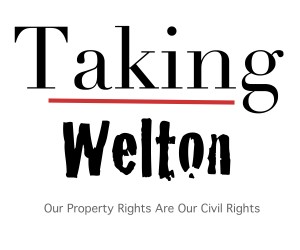As a ‘last resort,’ urban renewal needs a shorter time limit
“FROM THE BOSTON Redevelopment Authority’s perspective, there’s no good reason why it shouldn’t keep its longstanding urban renewal powers in certain parts of Boston for another 10 years. The state-granted tools can yield significant public benefits, because they give the authority the ability to seize neglected property and put it back into productive use. Urban renewal powers — most prominently the use of eminent domain — have played a central role in the turnaround of many Boston neighborhoods since the city’s nadir in the 1950s.
But while eminent domain will always have a place in any city’s toolbox, putting it in the hands of the semi-independent BRA was intended to be a temporary measure that stemmed from dire circumstances in specific parts of the city. Ideally, the use of eminent domain should be limited — and those officials exercising it should answer to voters. While, for practical reasons, the transition will have to be gradual, the city does need to commit to a timely plan to end urban renewal in parts of Boston that clearly no longer need it.
….
Doing so would take time, and the city and state should extend the BRA’s urban renewal powers in the interim. But 10 years is too long; government may work slowly, but not that slowly. It should not take more than three to five years to craft legislation that would address the concerns the BRA has raised about its land-disposition agreements and property.
After that, parts of Boston that are clearly no longer blighted should revert to the same legal status as other communities across the Commonwealth. And the BRA should take pride that its work helped turn many parts of Boston into areas where its exceptional, last-resort tools are no longer necessary.”
Editorial Board, Boston Globe 25 October 2015.
* * *
